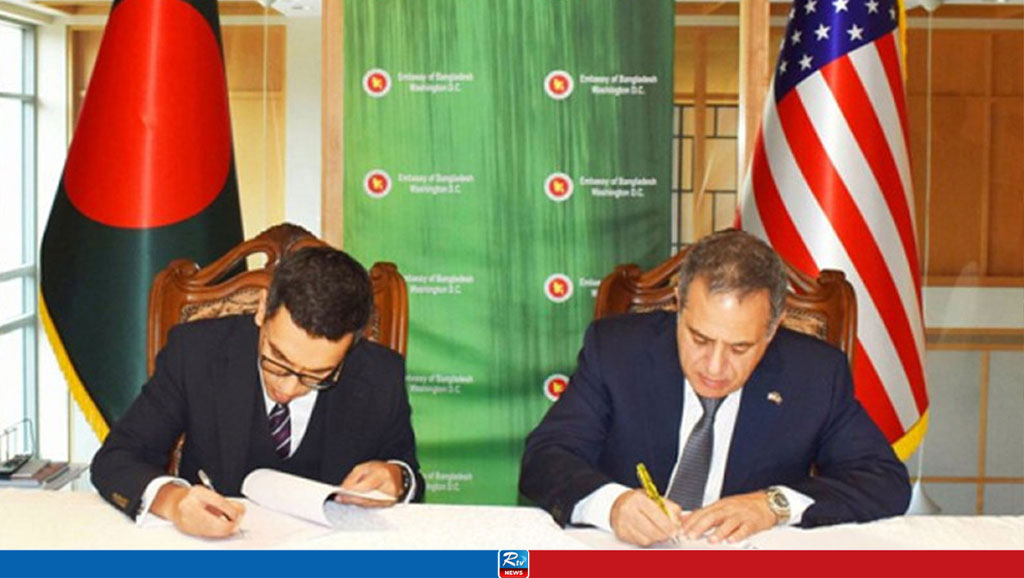In a bold move against Russia’s global influence, the United Kingdom has imposed sweeping new sanctions targeting Moscow-backed mercenary groups operating in Africa, along with key players in Russia’s defense network. The Foreign, Commonwealth and Development Office announced 56 new sanctions on Thursday, aiming to dismantle Russia’s military capabilities and disrupt President Vladimir Putin’s supply chain for the ongoing war in Ukraine.
The sanctions list includes private mercenary groups like the Wagner Group’s successor, Africa Corps, along with 11 individuals affiliated with Russian-linked proxies. The UK, now the first G7 country to sanction Africa Corps directly, described the group as a major threat to peace in regions such as Libya, Mali, and the Central African Republic, where it has been accused of widespread human rights abuses.
These measures also target entities in China, Turkey, and Central Asia, accused of supplying machine tools, microelectronics, and drone components to Russia’s military. The UK’s approach underscores an intent to curtail Russia’s military-industrial complex by restricting access to essential technology and equipment.
Notably, Denis Sergeev, a Russian intelligence operative implicated in the 2018 Novichok poisoning of double agent Sergei Skripal and his daughter in Salisbury, was also added to the sanctions list. This incident, which involved a military-grade nerve agent, marked one of the most high-profile uses of chemical weapons on British soil.
This latest sanctions package, the UK’s largest since May 2023, adds to a series of actions aimed at countering Russian influence. Foreign Secretary David Lammy described the measures as a critical step in “undermining Russia’s attempts to foster instability across Africa and disrupting the supply of vital equipment for Putin’s war machine.”
The sanctions come amid Russia’s increasing engagement in Africa, especially in the Sahel region, as Western forces, including those from the United States and France, scale back their presence in response to tensions with local governments. This move is part of the UK’s strategy to challenge Russia’s “corrosive” foreign policy, which seeks to expand its influence as the conflict with Ukraine continues.




